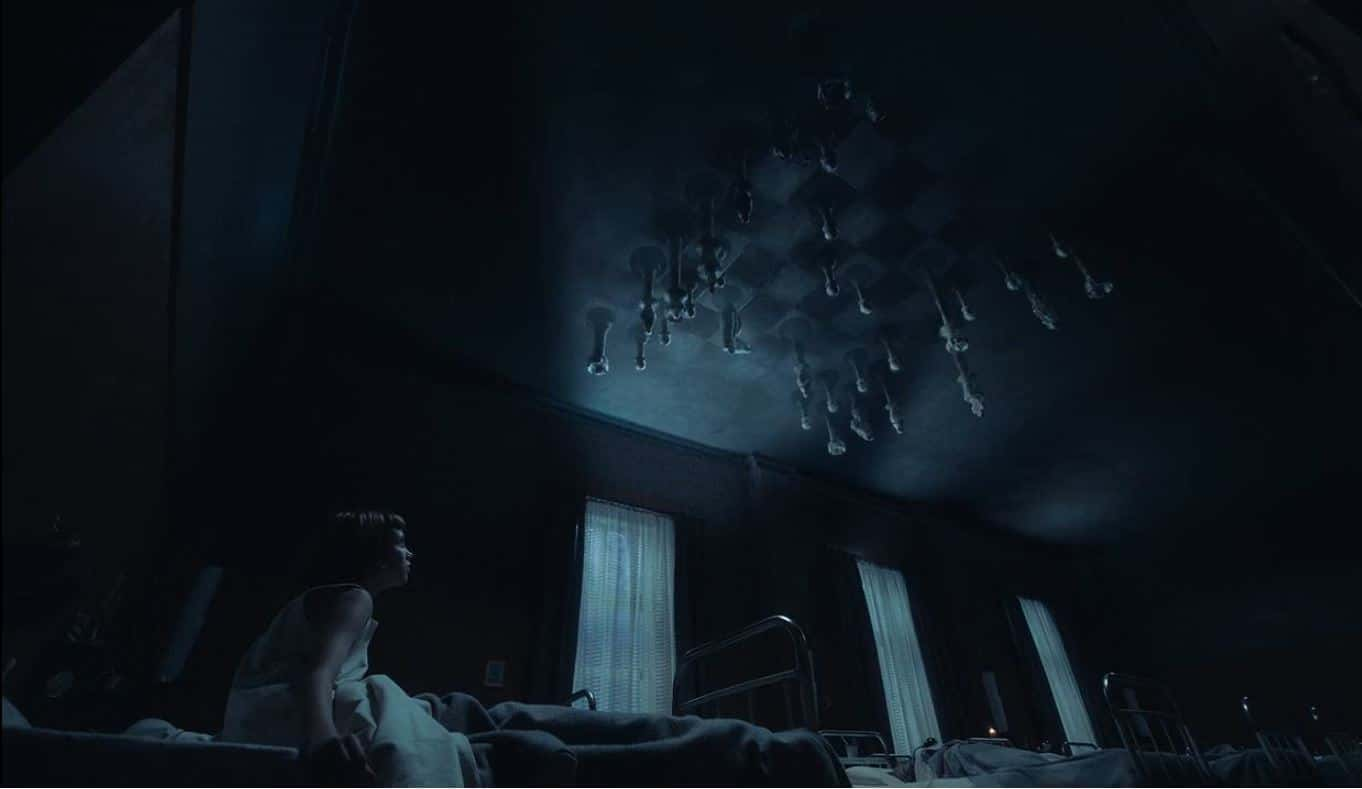'The Queen's Gambit': Did Anya Taylor-Joy's Beth Harmon give us the Sherlock-like female genius we've craved?

In the opening scene of Conan Doyle's 'The Sign of Four', Watson comes upon Holmes on a high. "Which is it to-day,” he asks, “morphine or cocaine?” To which Holmes replies, "It is cocaine... a seven-per-cent solution. Would you care to try it?” Sherlock was possibly literature's most famous addict, who besides morphine and cocaine also had his tobacco addiction.
He would famously smoke furiously when faced with a "three-pipe problem". While not all addicts are geniuses, Holmes' addictions were linked to his preternatural problem-solving. He needed them to stimulate his brain to just the right degree for him to make the lateral, creative connections between the evidence and the solution.
Needless to say, this combination of addict and genius has had us enthralled over centuries. Holmes is the original draft, so to speak, and many male heroes have been carved using his mold. We also can't seem to stop adapting the character for newer and newer iterations. But there never has been a satisfying female Holmes who gets his combination of isolation, genius, cold logic, addiction and eccentricity, quite right.
There have been attempts to insert a female figure into the Holmes canon like 'Enola Holmes' but have been too on-the-nose about emphasizing the gender aspect. This conversely has taken away from such portrayals because a female Sherlock Holmes would never care about her gender. She would be mostly-brain and little emotion and she would rip apart any gender norms in existence just by being herself.
While we may never get a female Sherlock, with Anya Taylor-Joy's Beth Harmon in 'Queen's Gambit', we have come close. The iconic characteristics of the famous detective have been transplanted, quite faithfully, to the world of chess and in the body of a woman. Like Holmes, genius runs in her family — Harmon's mother is shown to be an eccentric math fiend herself but teetering on the mad side of genius.
She also gets addicted early on to Librium, a tranquilizer commonly prescribed to "even out" the mind. Harmon realizes early on that she needs it to narrow her focus and play out the various permutations and combinations, visualizing a gigantic board and chess pieces on the ceiling. When she grows up, she supplements the pills with alcohol and weed. She needs the "smoky effect" to bring her brain into the fine calibration it needs to play well — institutively well, making creative plays.

There is another parallel between her addiction and Holmes'. Librium and other similar tranquilizers were freely prescribed and used in the 60s — it is why the orphanage drugged the kids to keep them docile and compliant and prescribed to depressed or anxious housewives when alcohol wasn't enough. Similarly, back in ye old England, cocaine was considered a wonder drug and stimulant. The drug even found its way into children’s tooth-ache remedies and was prescribed to treat morning sickness.
On the intelligence side of things, Holmes is known for following his cold logic rather than his emotions, and what is chess but a game of logic? It is a world Beth Harmon understands, commands and dominates. She sees the chessboard like Holmes sees the city of London and its streets.
Throughout 'Queen's Gambit', we see Beth Harmon repeatedly retreat into the logic of the board and its 64 squares than the world of humans. She locks into people only when they fill in a missing square of information or experience that she thinks she needs to function. And by the end of it all, she also gets family in the shape of Jolene, like Holmes has his Watson.
While she has been given a deeper emotional and sexual life than Holmes, the men in her life are always secondary to chess. They are in her life because of chess. So yes, while Beth Harmon isn't a detective, she is the closest we have got to a fictional female genius rivaling Holmes because she has the same spark that Holmes has when the "game is afoot".
'Queen's Gambit' is currently streaming on Netflix.










